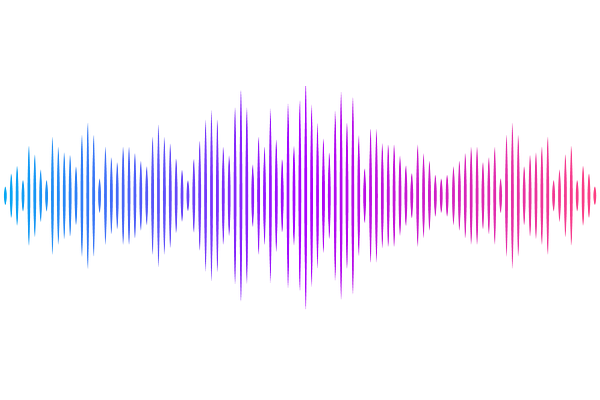End of preservation normothermic machine perfusion of porcine kidneys after ischaemic injury reprograms metabolism and induces fibrosis after transplant despite unchanged function: insights from the renal proteome.

End of preservation normothermic machine perfusion of porcine kidneys after ischaemic injury reprograms metabolism and induces fibrosis after transplant despite unchanged function: insights from the renal proteome.
Mulvey, J. F.; Snashall, C.; Rozenberg, K.; Lo Faro, M. L.; Eijken, M.; Lohmann, S.; Moers, C.; Leuvenink, H.; Baan, C.; Hoogduijn, M.; Keller, A. K.; Sutton, C.; Hunter, J.; Jespersen, B.; Ploeg, R.; Shaheed, S.
AbstractNormothermic machine perfusion (NMP) after initial hypothermic preservation of donor kidneys prior to transplantation is becoming a clinical reality, but the precise molecular mechanisms through which the graft is impacted remain only partially characterised. Using an unbiased proteomic methodology, we found that autotransplantation of ischaemically injured porcine kidneys resulted in an activation of the stress response 14 days after transplantation, as well as in selective changes in the proteins responsible for the metabolism of organic acids. The addition of 4 hours of NMP at the end of organ preservation (endNMP) resulted in coordinated changes to the renal proteome at 14 days when compared with the effect of transplant after preservation by hypothermic machine perfusion alone: most notably increased fibrosis and widespread additional reprogramming of metabolism. These findings were supported by intersection with single cell transcriptomics data which suggested an enrichment of proteins predominantly expressed in fibroblasts in kidneys with end of preservation NMP 14 days post-transplant compared to healthy kidneys. Our data showed that the addition of endNMP to existing preservation strategies resulted in a different molecular phenotype after transplantation, despite unchanged filtration function. In addition to potentially conferring benefits, NMP may also result in potentially detrimental molecular changes and thus protocols should be carefully evaluated to derive optimal clinical outcomes.